Updating RubyGems to Recent 1.3.x
The RubyGems update process can be temperamental. If you fall more than a release or two behind, you might find yourself in a dependency cycle that stops an update cold. Recently, I tried to update a 1.2.0 install to the current 1.3.5.
# gem update --system
Updating RubyGems
Updating rubygems-update
Successfully installed rubygems-update-1.3.5
ERROR: While executing gem ... (NameError)
undefined local variable or method `remote_gemspecs' for
#<Gem::Commands::UpdateCommand:0xb7e26640>
This is a known issue. Running the command again results in “nothing to update,” also a known issue. The fix is to separately install rubygems-update and run update_rubygems.
# gem install rubygems-update Successfully installed rubygems-update-1.3.5 1 gem installed Installing ri documentation for rubygems-update-1.3.5... Installing RDoc documentation for rubygems-update-1.3.5... Could not find main page README Could not find main page README Could not find main page README Could not find main page README # update_rubygems /usr/lib/ruby/site_ruby/1.8/rubygems.rb:578:in `report_activate_error': Could not find RubyGem builder (>= 0) (Gem::LoadError) from /usr/lib/ruby/site_ruby/1.8/rubygems.rb:134:in `activate' from /usr/lib/ruby/site_ruby/1.8/rubygems.rb:158:in `activate' from /usr/lib/ruby/site_ruby/1.8/rubygems.rb:157:in `each' from /usr/lib/ruby/site_ruby/1.8/rubygems.rb:157:in `activate' from /usr/lib/ruby/site_ruby/1.8/rubygems.rb:49:in `gem' from /usr/bin/update_rubygems:18
To fix this “report_activate_error”, I installed builder. Tried the update again, same thing for session and hoe-seattlerb. This is where I found myself in a dependency cycle.
rubygems-update 1.3.5 requires (among other things) hoe-seattlerb
hoe-seattlerb requires hoe >= 2.3.0
hoe >= 2.3.0 requires rubygems >= 1.3.1
I might have the specific dependency chain a bit off, but it’s enough to say that something required by rubygems-update itself requires a semi-recent RubyGems.
The solution is to update in stages. First update to 1.3.0, then update the rest of the way:
# gem install rubygems-update -v 1.3.0 Successfully installed rubygems-update-1.3.0 1 gem installed # update_rubygems Installing RubyGems 1.3.1 ... # gem update --system Updating RubyGems Updating rubygems-update Successfully installed rubygems-update-1.3.5 :0:Warning: Gem::SourceIndex#search support for String patterns is deprecated Updating RubyGems to 1.3.5 Installing RubyGems 1.3.5 RubyGems 1.3.5 installed
